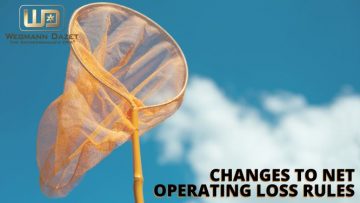
There are benefits to taking advantage of net operating losses (NOLs) for business and individuals, and here Frank Holzenthal summarizes the recent IRS guidance to the NOL changes and important dates to consider. The CARES Act includes changes to the tax treatment of NOLs, which occur when tax deductions exceed its taxable income within a given tax period. An NOL can be carried forward to future tax periods or carried back and used to offset taxable income to reduce total tax liability.
Worth Noting:
- If an election to forego the carryback period was not made on an originally filed return for periods indicated in the summary, action is needed to make this election.
- If an election to forego the carryback period was made on an originally filed return for the periods indicated, this election is irrevocable.
- A special provision relating to fiscal years beginning before 1/1/18 and ending after 12/31/17 allows a limited period to make, change, or revoke elections made with an originally filed return. Any NOLs for this period can be carried back 2 years.
Summary of the Rule Changes in the CARES ACT:
- NOLs created in tax years beginning in 2018, 2019, and 2020 are eligible for 5 year carryback.
- NOLs generated in a fiscal year beginning before January 1, 2018 and ending after December 31, 2017 (years impacted by a TCJA drafting error) can be carried back to 2 preceding years. This claim or election to forego the carryback must be made no later than July 27, 2020.
- The 80% limit on NOL carryforwards is suspended for tax years 2018 through 2020.
Summary of IRS guidance:
- For NOLs generated for any year end prior to June 30, 2019, IRS NOTICE 2020‐26 provides an additional 6 months (from 12 to 18 months after year end) to file an application for tentative carryback on form 1139 for corporations and form 1045 for individuals, trusts and estates. For a taxable year ending on December 31, 2018, a claim must be filed no later than June 30, 2020.
- Rev Proc 2020‐24 addresses making an election to waive NOL carrybacks when Sec. 965 (transition tax) applies and for NOLs generated in 2018 or 2019.
- An election to forego the carryback made on the original return is still irrevocable, except for fiscal years beginning before January 1, 2018 and ending after December 31, 2017.
- If an election to forego the carryback was not made on the originally filed return, Rev. Proc 2020‐24 requires that taxpayers must make the election to waive carrybacks for NOLs generated in 2018 and 2019 by the due date (including extensions) of the first taxable year ending after March 27, 2020.
- Rev Proc 2020‐24 clarifies that for carrying back NOLs arising in fiscal years beginning before January 1, 2018 and ending after December 31, 2017, taxpayers may file Form 1139/1045 by July 27, 2020 to claim a refund. Taxpayers may make an election to waive or reduce any carryback period, or revoke any earlier election to waive for that period by filing an amended return or Form 1139/1045 (blank except for FIN number) with an election statement including “Filed Pursuant to Rev. Proc. 2020‐24” written at the top.
- To exclude Sec. 965 years from the carryback period, taxpayers must make the election by the due date (including extensions) of the first taxable year ending after March 27, 2020.
- The IRS will temporarily accept forms 1139 and 1045 via fax starting April 17, 2020, to allow taxpayers to receive refunds in an expedited manner. The fax number for Form 1139 is 844‐ 249‐6236 and for Form 1045 is 844‐249‐6237. Files are limited to 100 pages.
Benefits of taking advantage of these provisions:
- NOL carrybacks give taxpayers a source of needed cash during this period of shutdowns related to COVID-19.
- The additional time given to use forms 1139 and 1045 to claim a refund allows cash to be recovered more quickly than if amended returns were filed (refunds issued within 90 days).
- Deductions are more valuable in prior years when tax rates were higher.
- NOL carrybacks can free up tax credits to be carried forward.
For any questions about these tax implications of the CARES Act, please contact us at info@wd.cpa.
Manager II, Tax Department at Wegmann Dazet
Latest posts by Frank Holzenthal, CPA, CGMA (see all)
- New ERC Guidance Issued by the IRS - August 19, 2021
- CONSOLIDATED APPROPRIATIONS ACT 2021: ECONOMIC AND TAX IMPACTS - January 14, 2021
- Changes to Net Operating Losses - June 1, 2020


